The U.S. and Germany have approached their long-term care landscapes differently—what can be learned from each country?


The U.S. and Germany have approached their long-term care landscapes differently—what can be learned from each country?
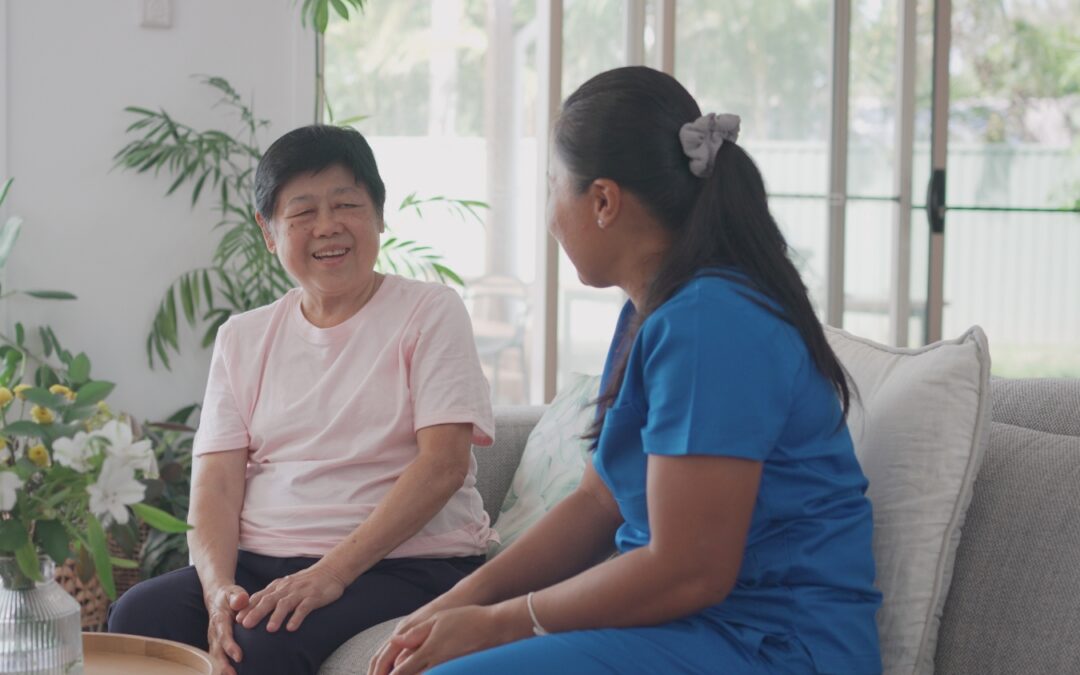
The role of Medicaid and managed care in home- and community-based services and long-term supportive services.

Tracking the growth of home- and community-based services over three decades.
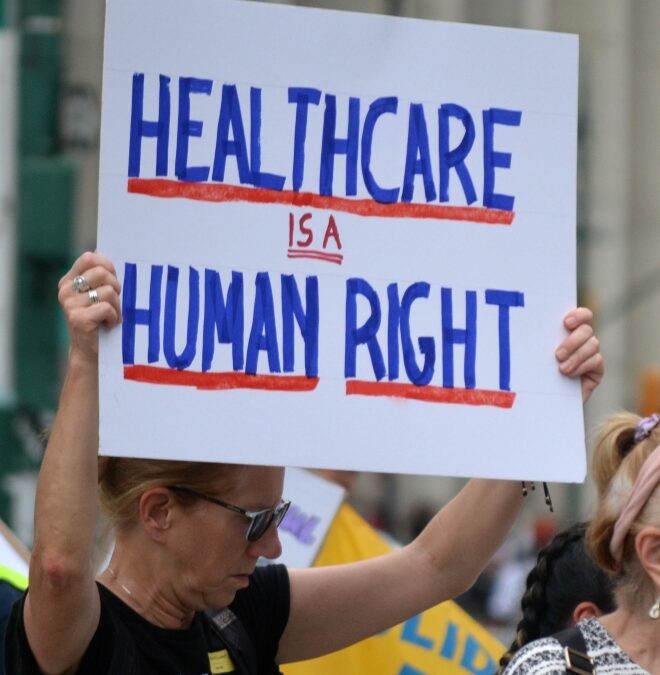
Shining a light on Medicaid’s challenges, disparities in access, and recommended policy changes to strengthen the program.
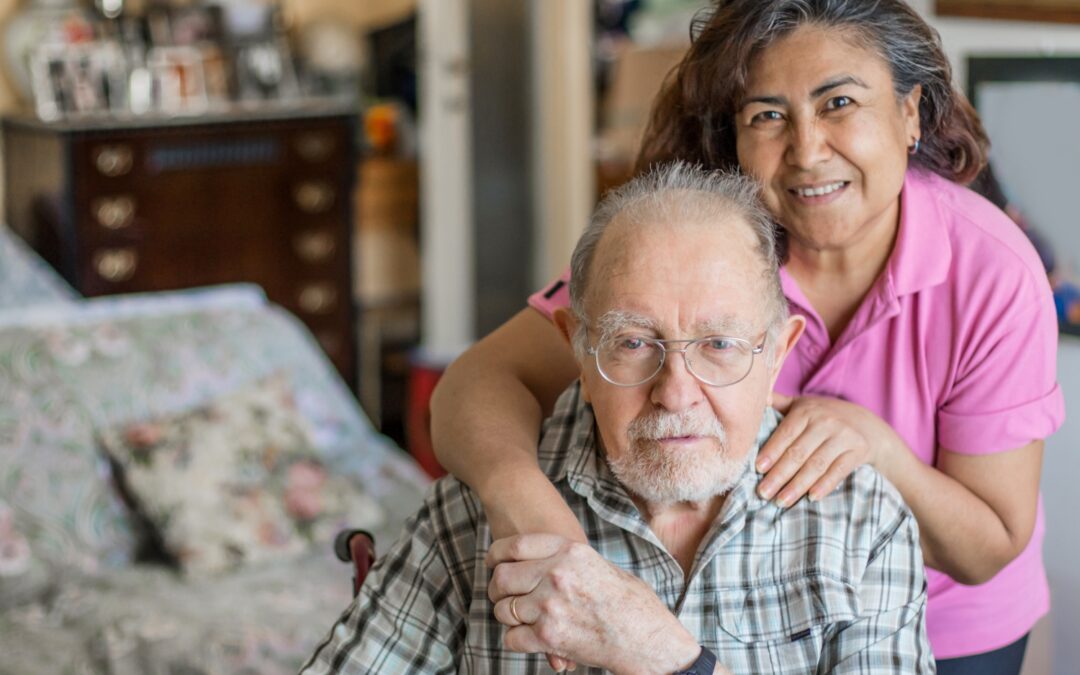
What would it take to make care at home possible and how might we implement it?

How an Ohio Area Agency on Aging created an app that expands access to self-directed care.
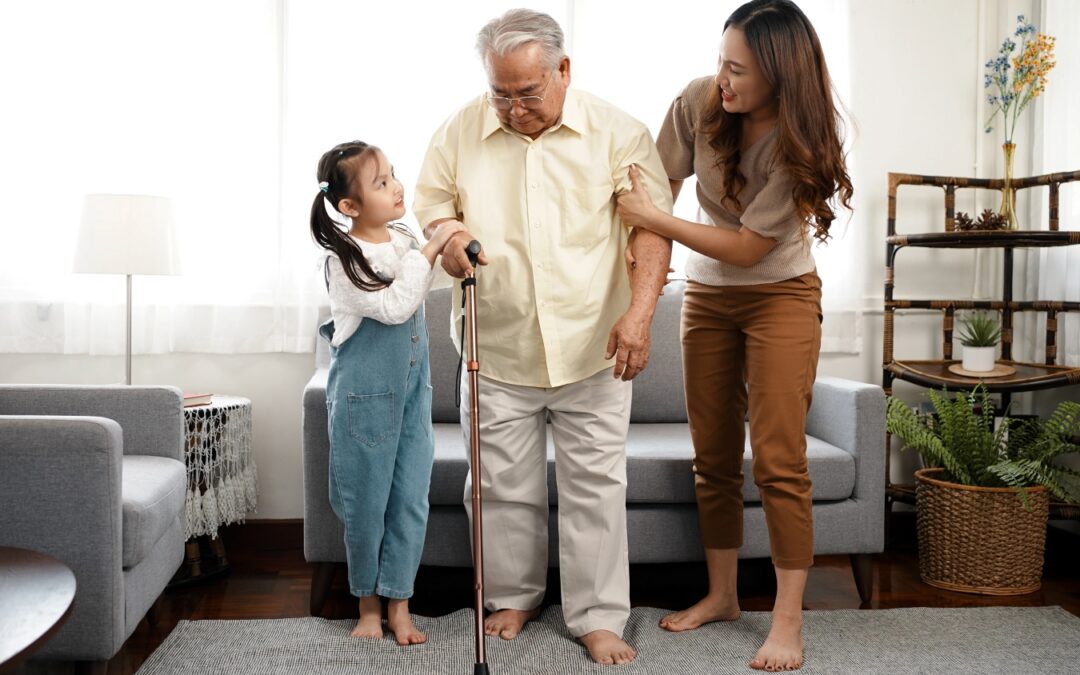
Supporting quality and accountability in long-term services and supports for older adults and people with disabilities.
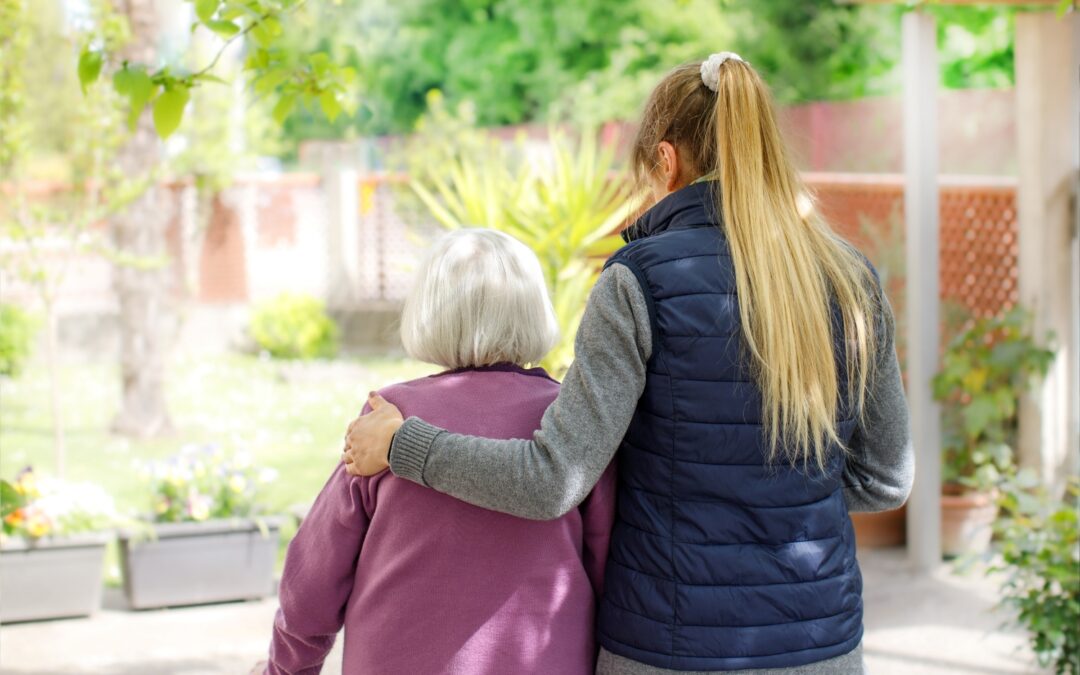
Tools like the NCI-AD are proving invaluable for collecting meaningful data, monitoring service quality, and driving continuous improvement.
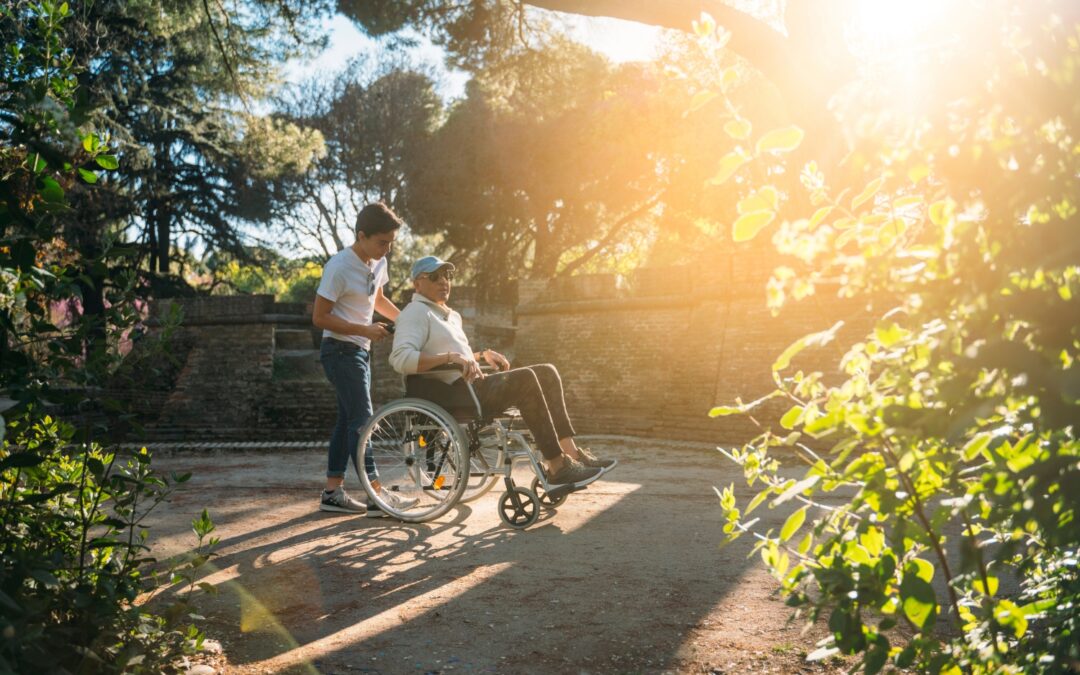
Parsing findings from the National Core Indicators and Adult Consumer Survey regarding paid and unpaid caregiving.
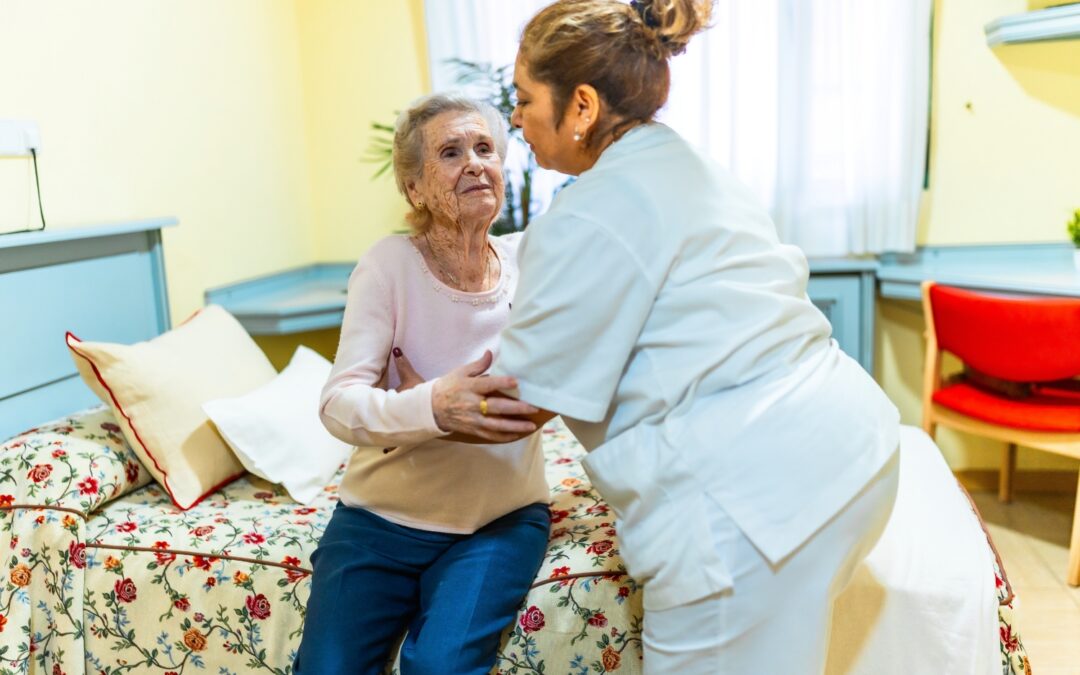
This model offers a proven, scalable approach for aligning healthcare with community supports for older adults and people with disabilities.

AI can provide many administrative functions to villages, making it easier for them to attract and retain members.

‘Ensuring the comfort and dignity of older adults requires us to consider an “all-of-the-above” strategy.’

New data reveals behavioral health crisis among older adults.

The Green House Project is a person-centered model for what works in communities, if implemented and built out.
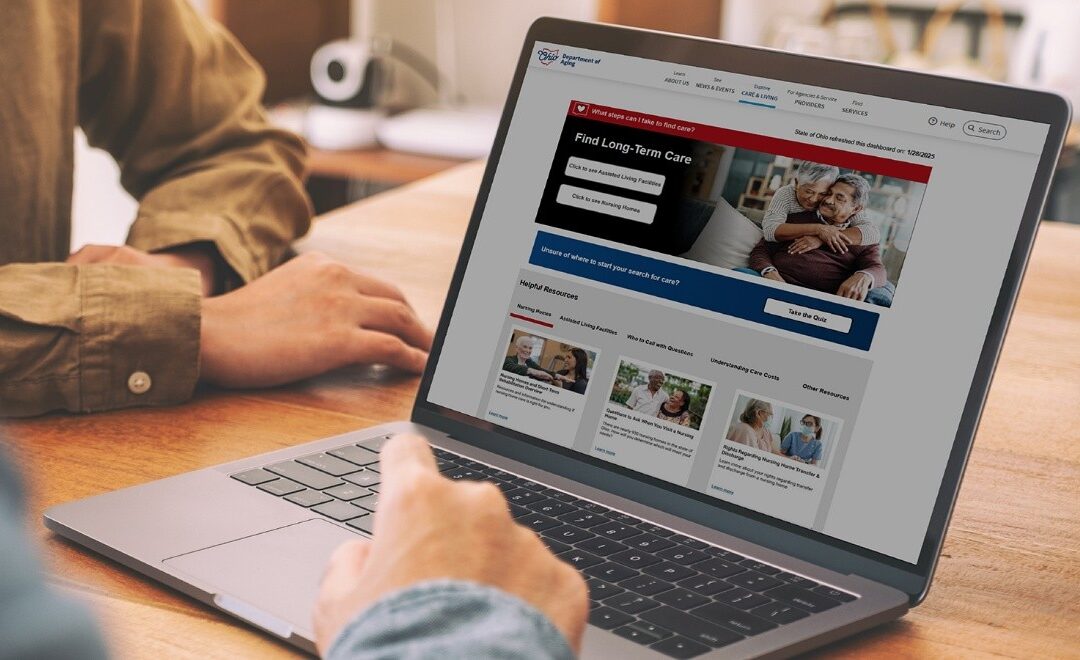
Forging a new era of transparency and technology in aging services.
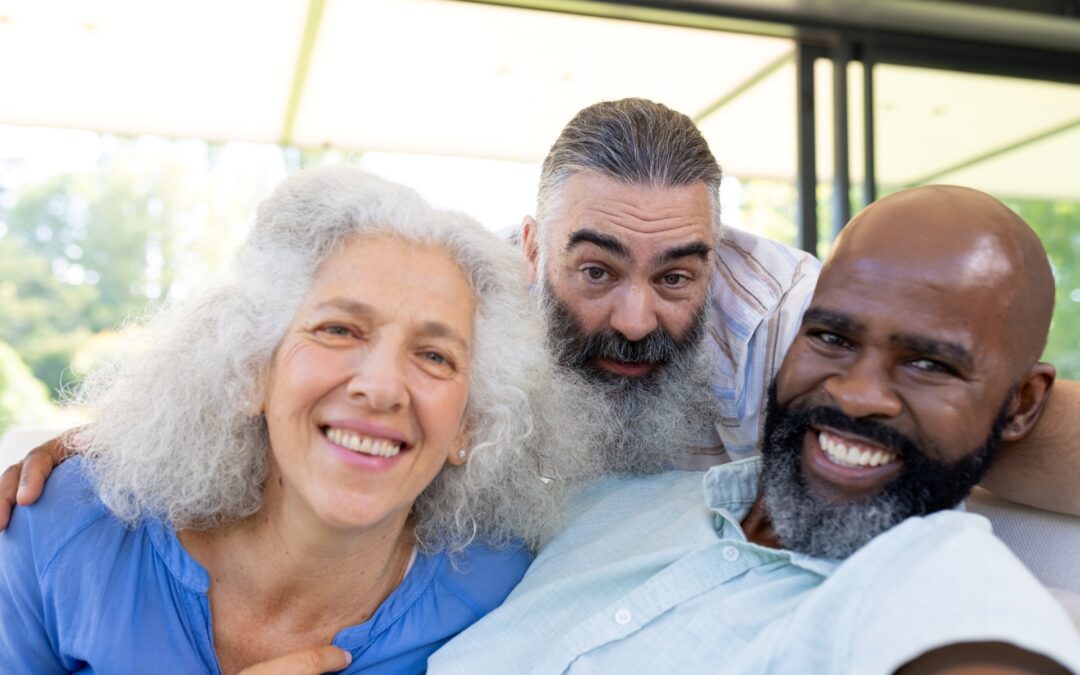
Comprehensive aging policy should invest in diverse congregate living models and remove regulatory barriers that make homelike group settings difficult to establish.
The quantification of sleep in older adults.
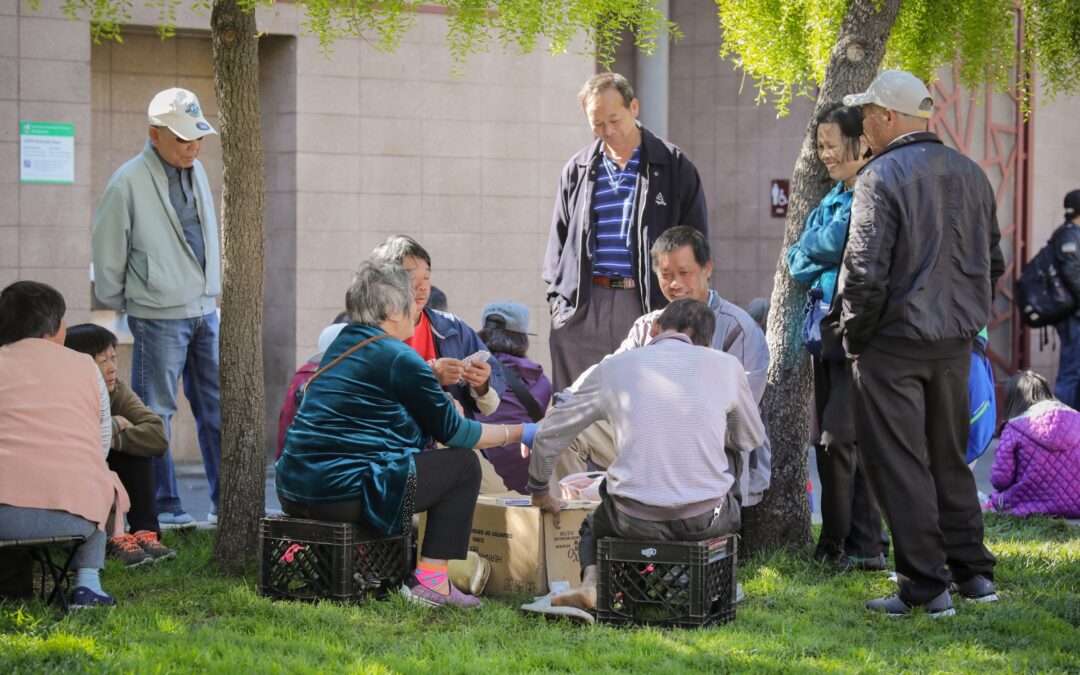
Rounding up the various risk profiles of housing and neighborhoods, and effects on elders.
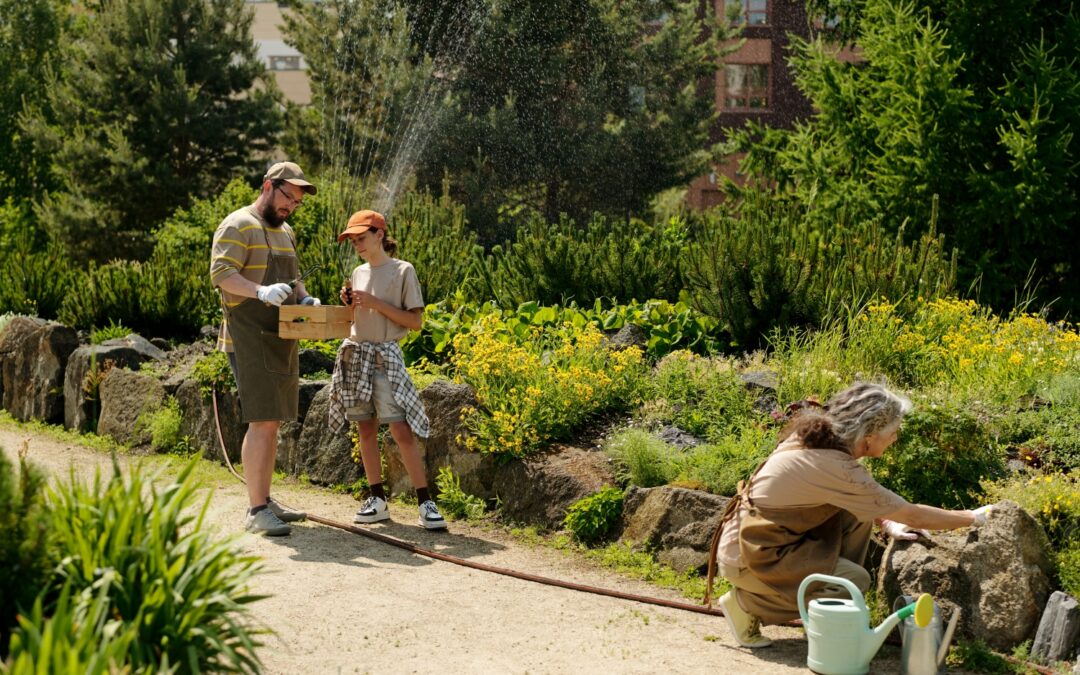
Neighborhoods can provide supportive environments for active aging.
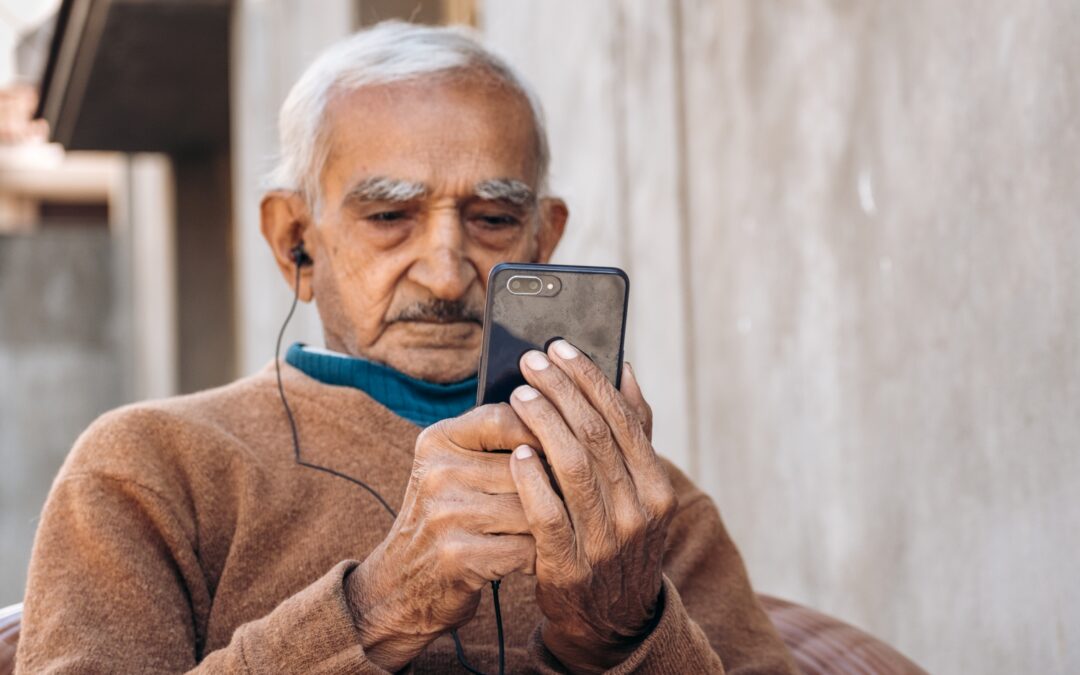
Bridging the digital divide is essential, yet politics may prevent our progress.